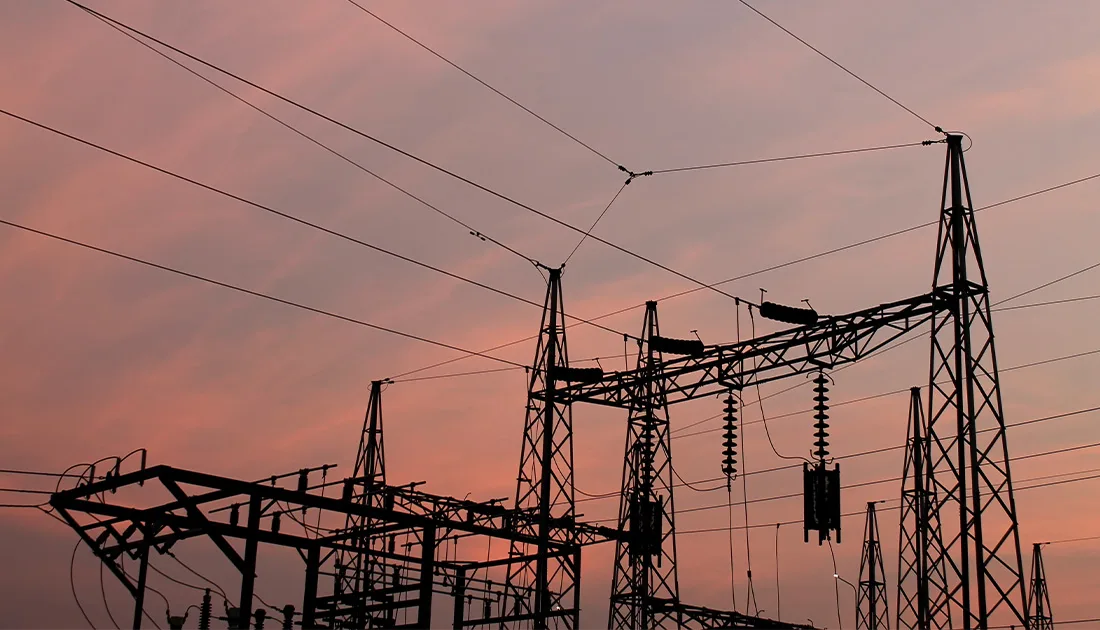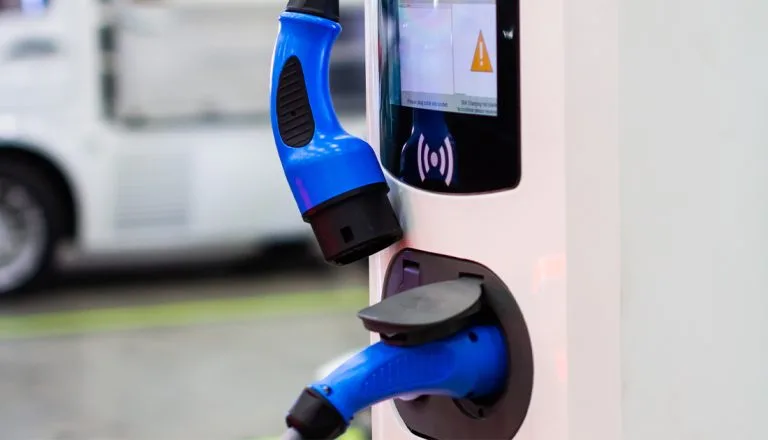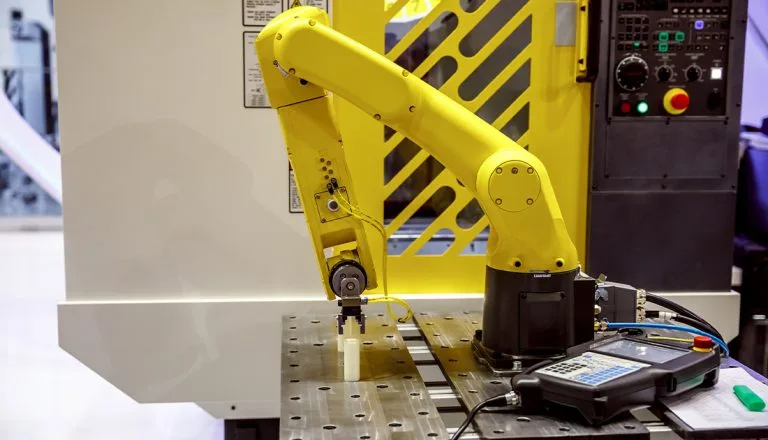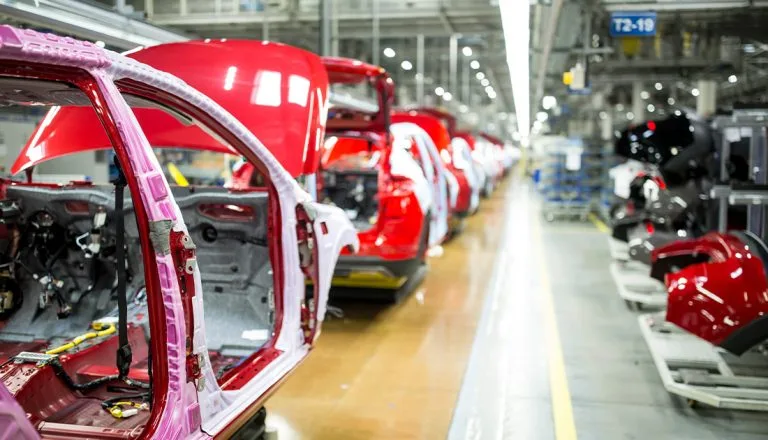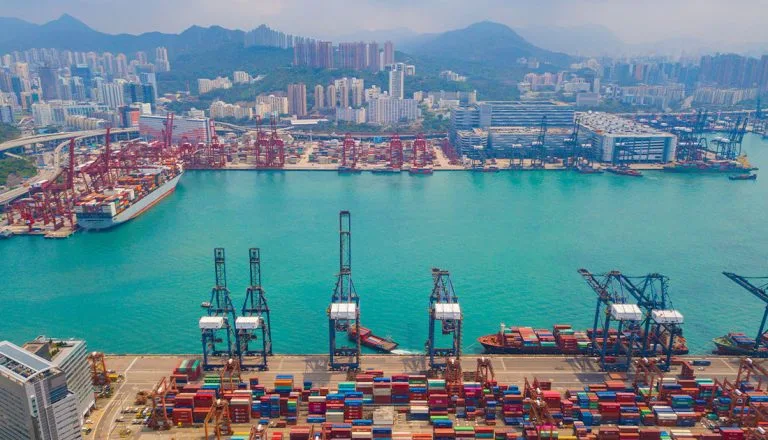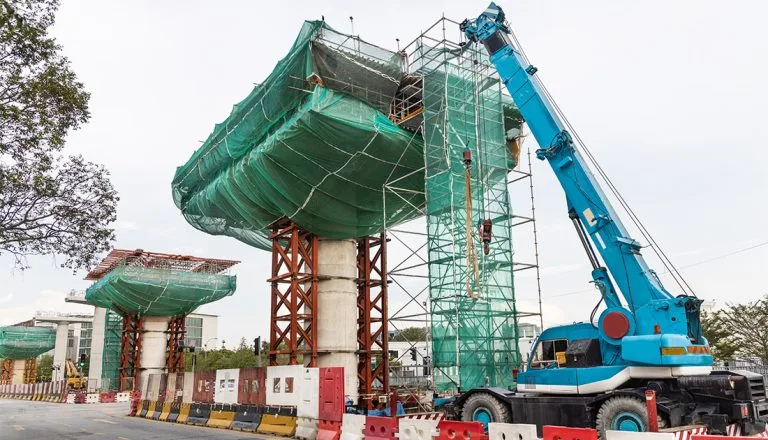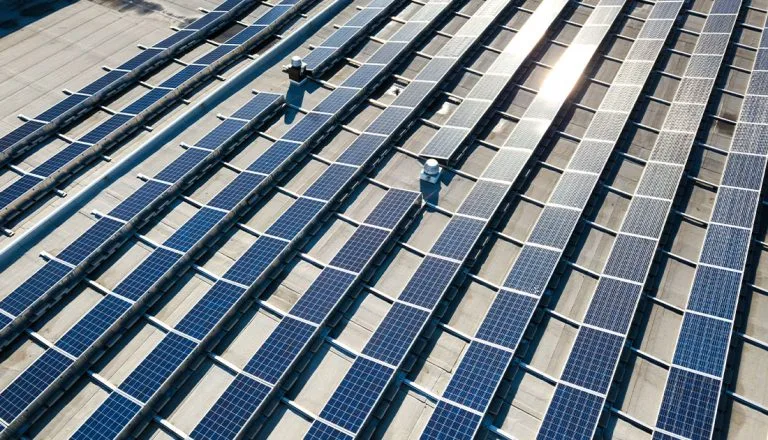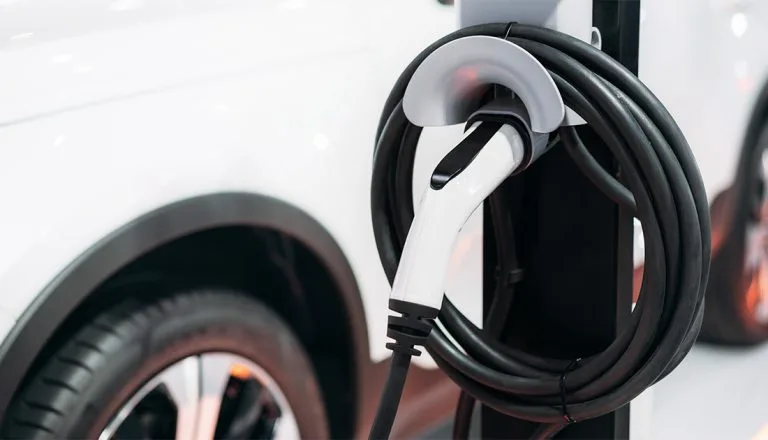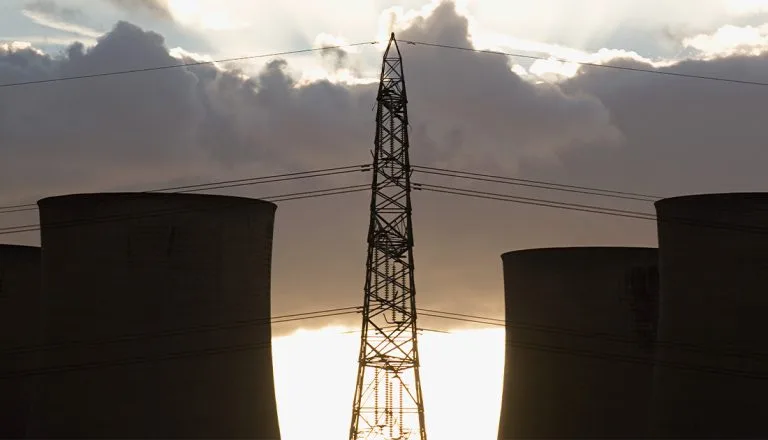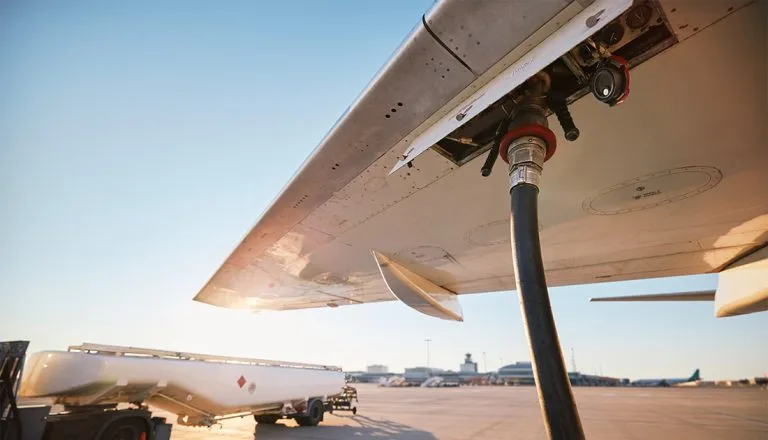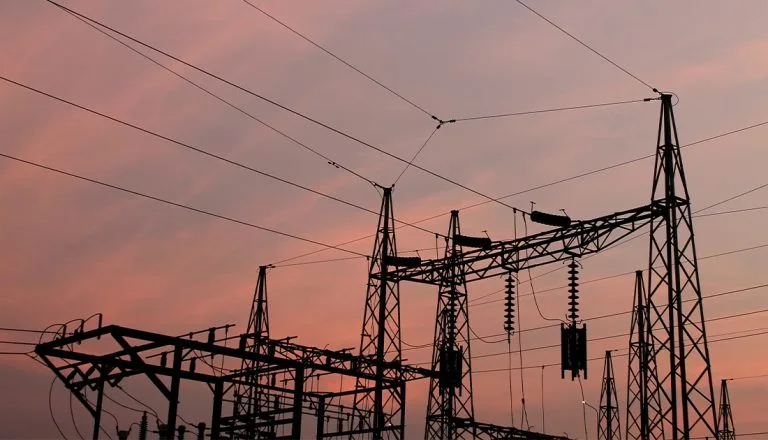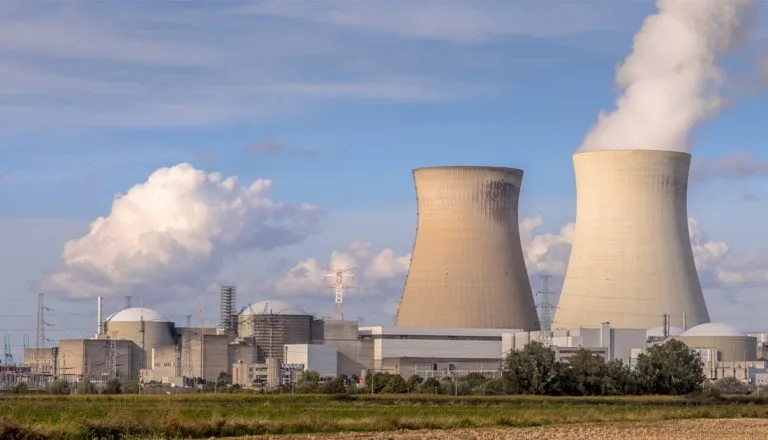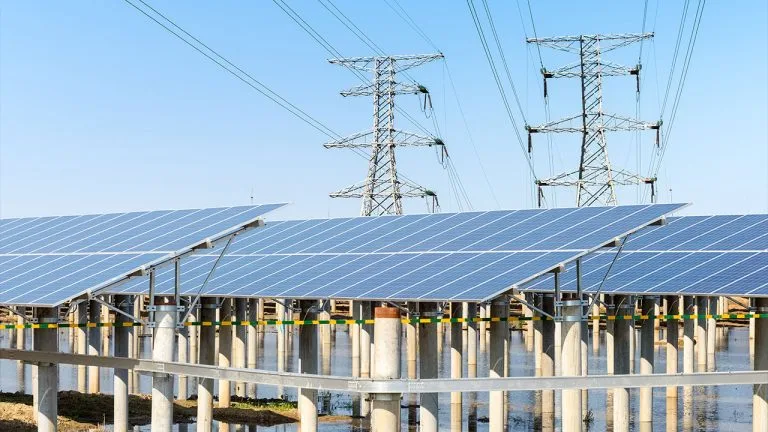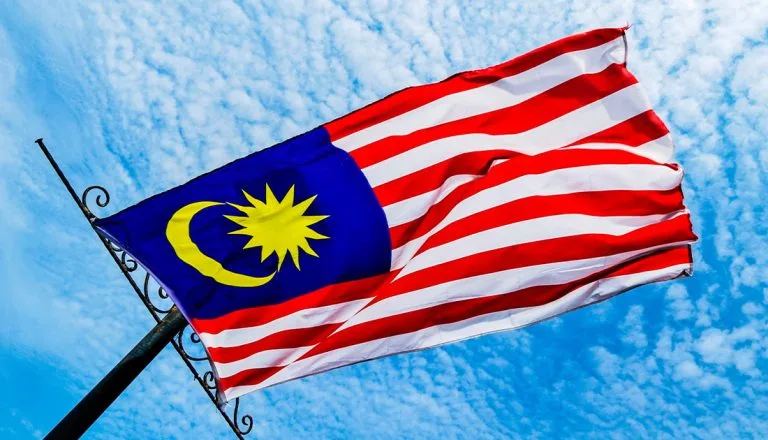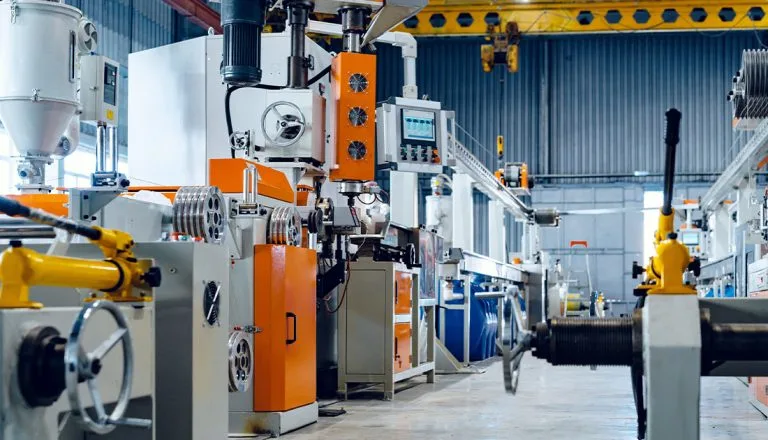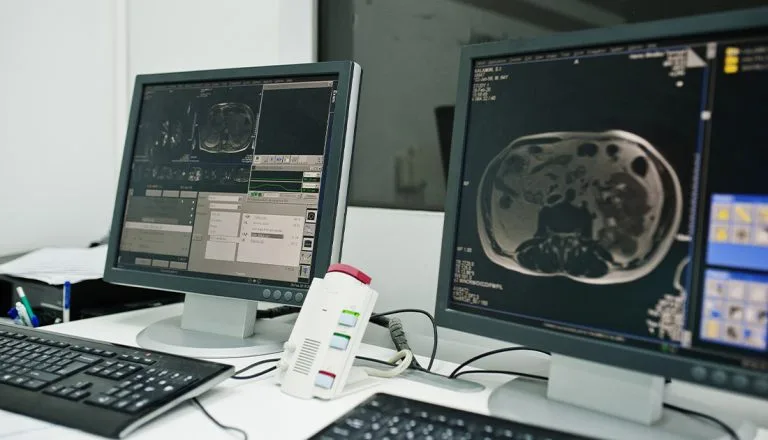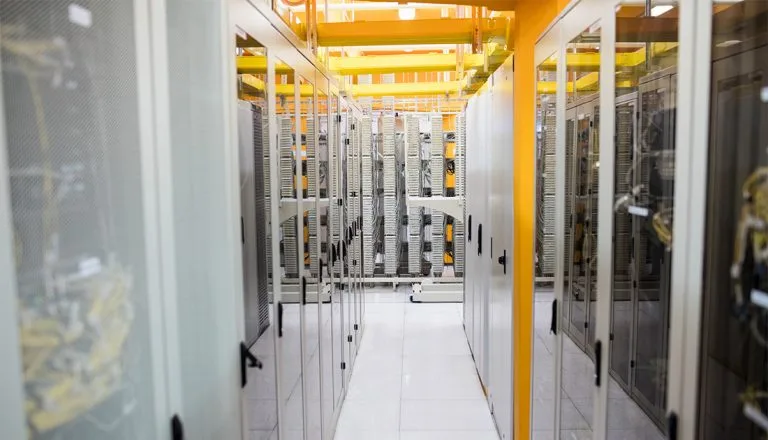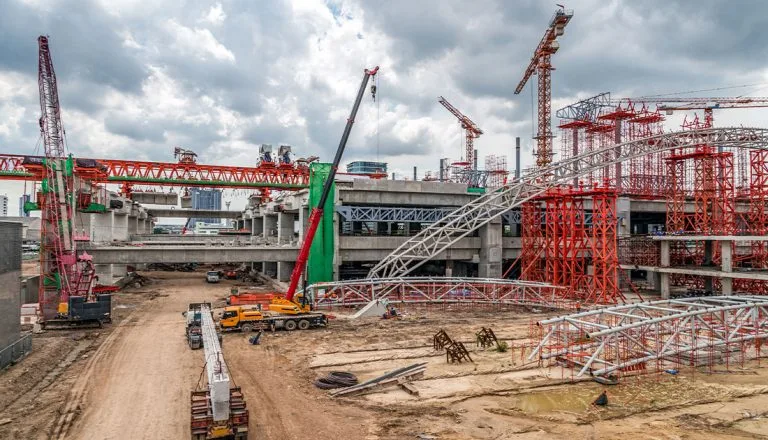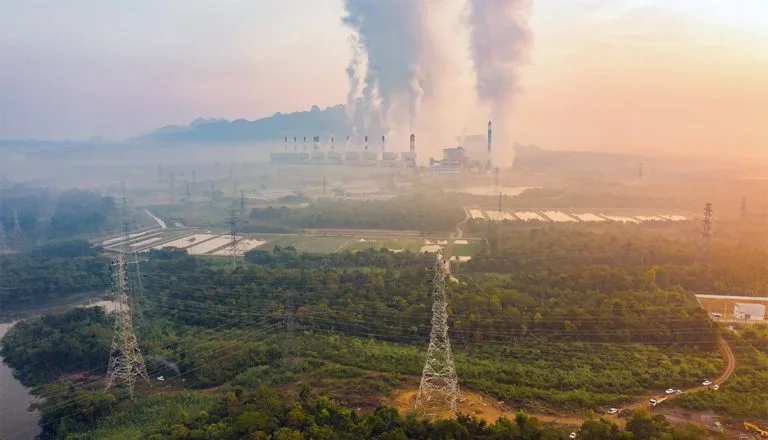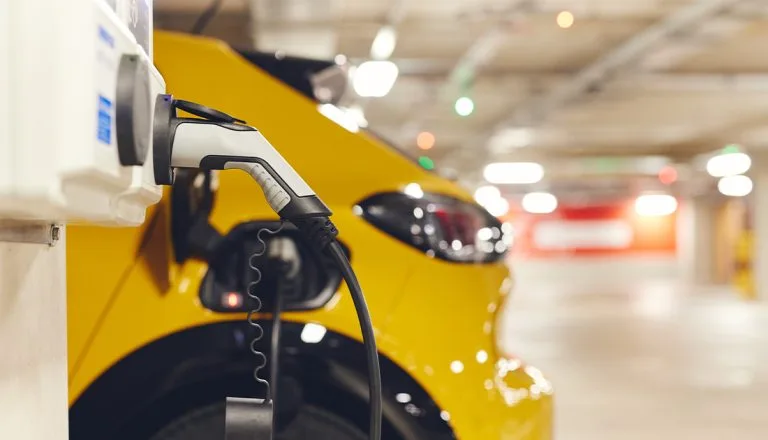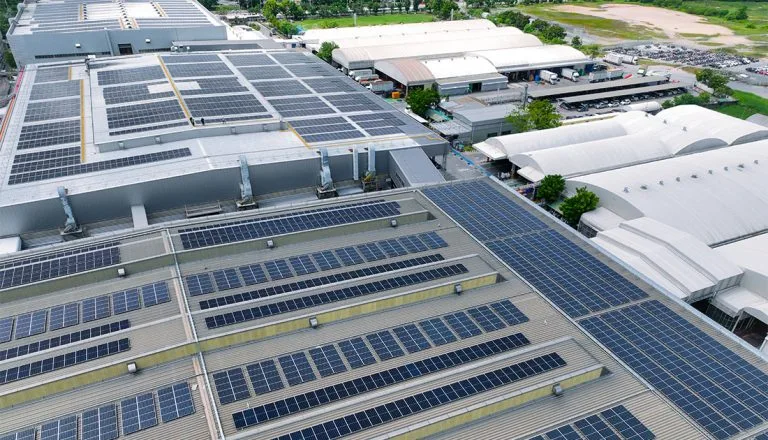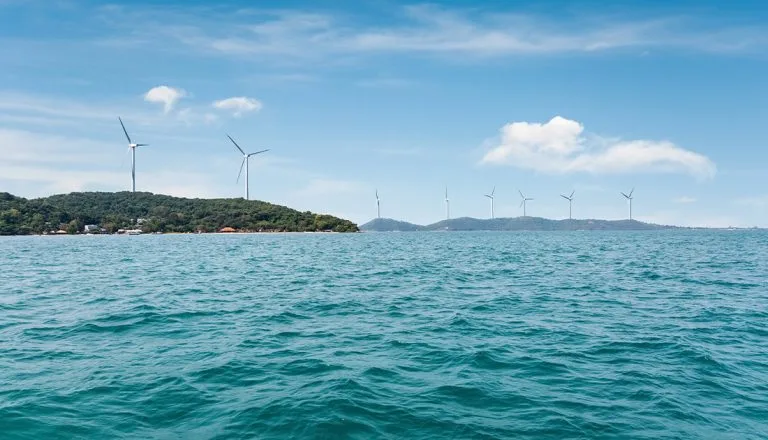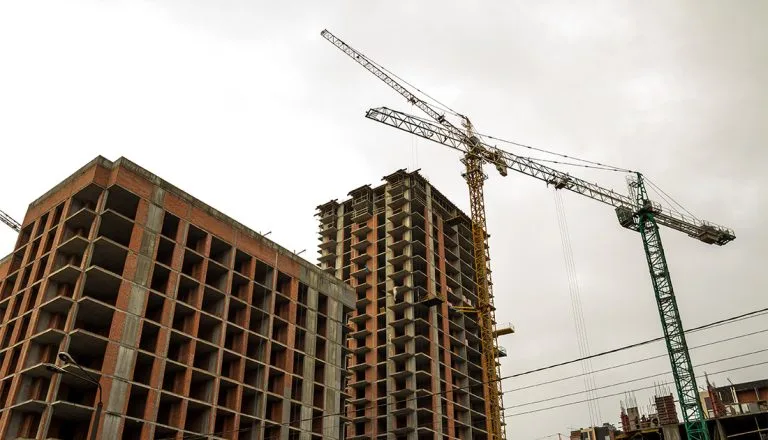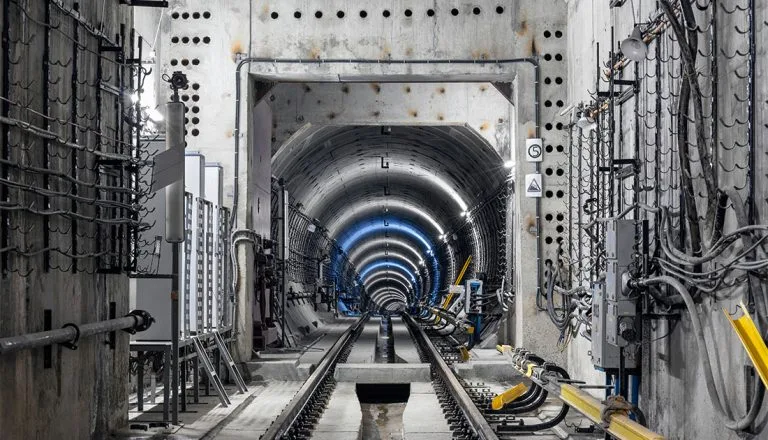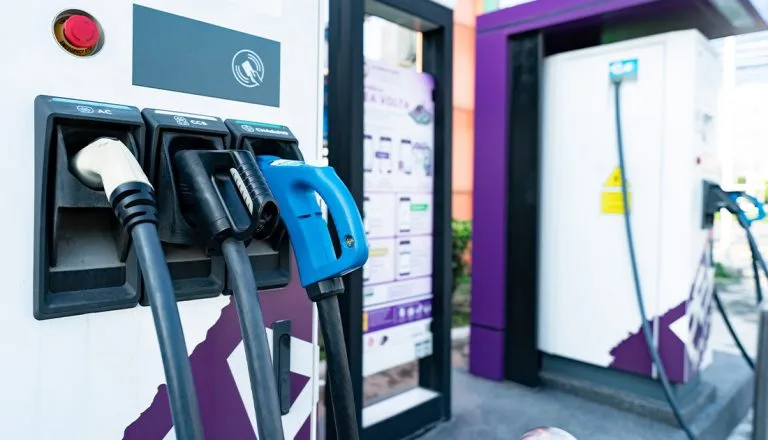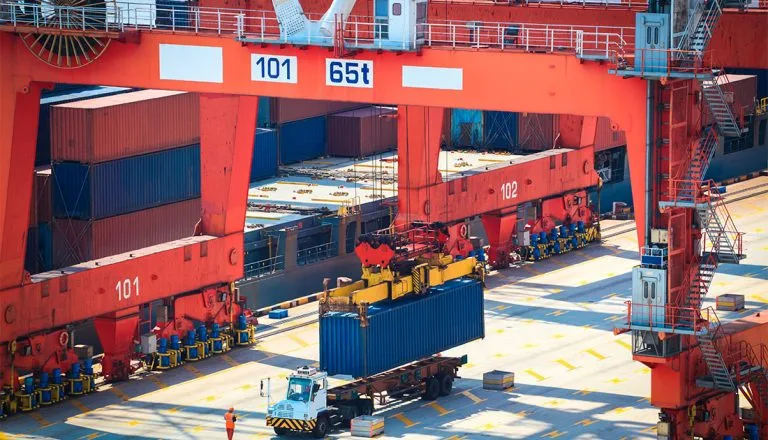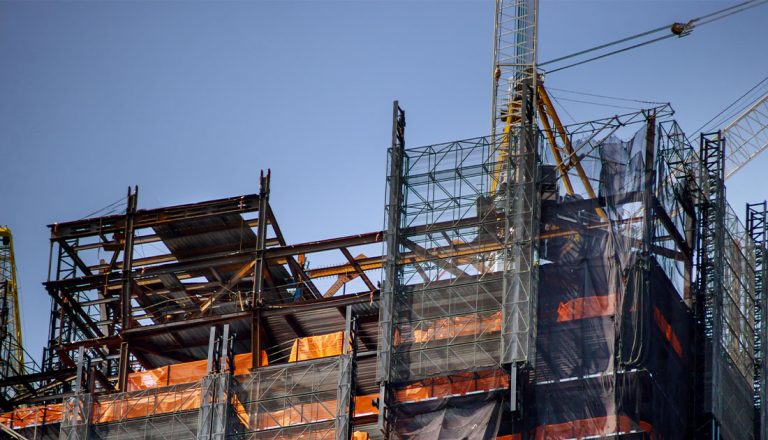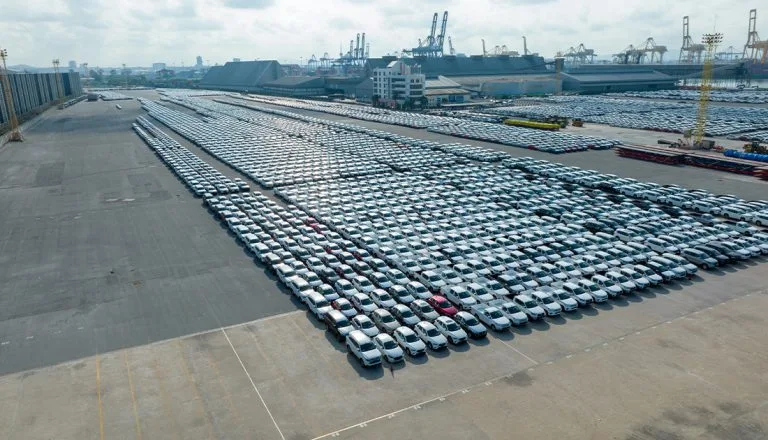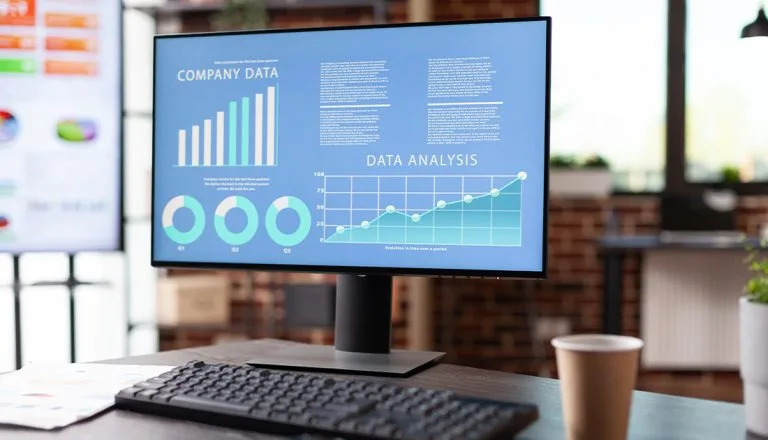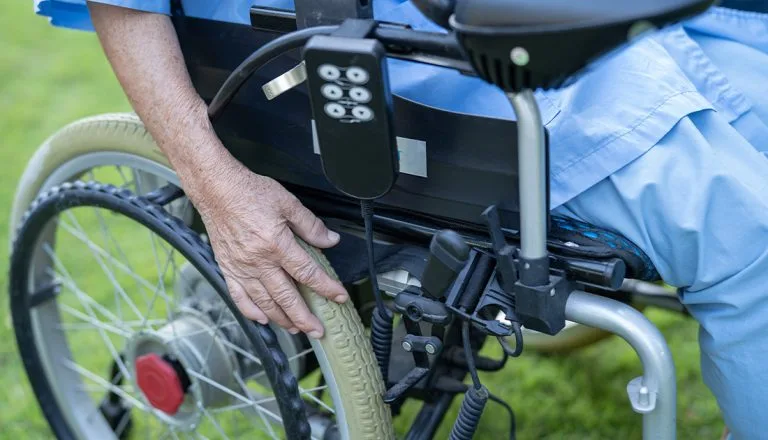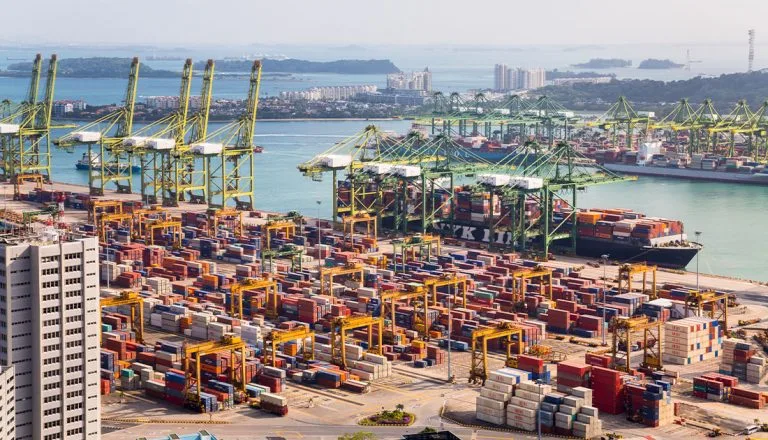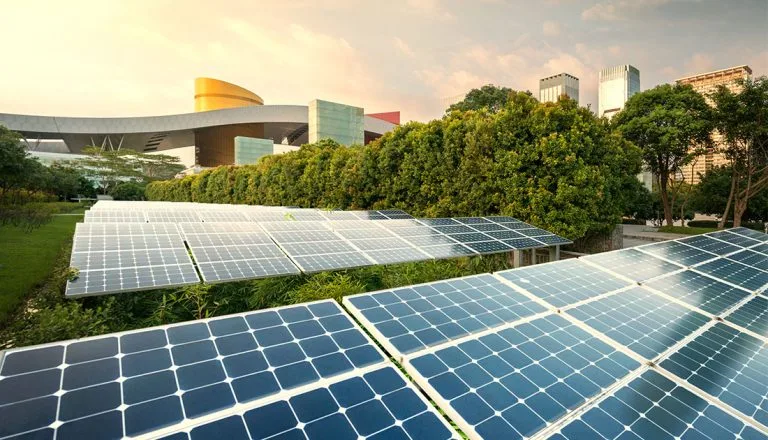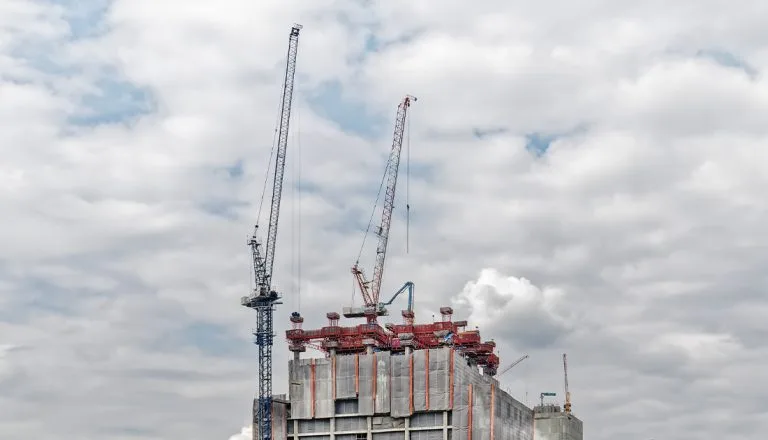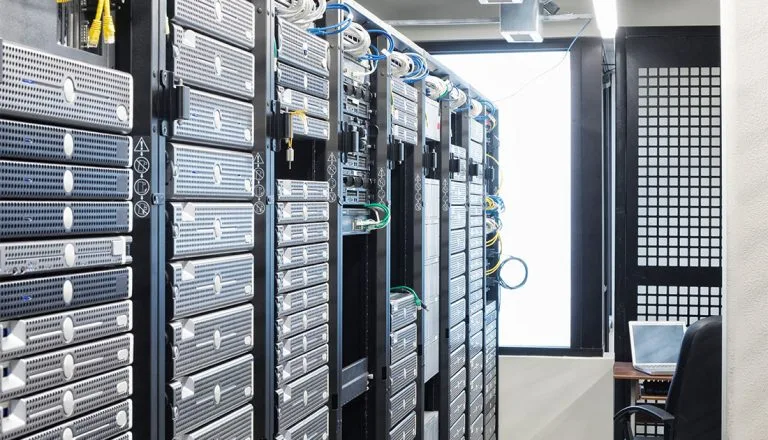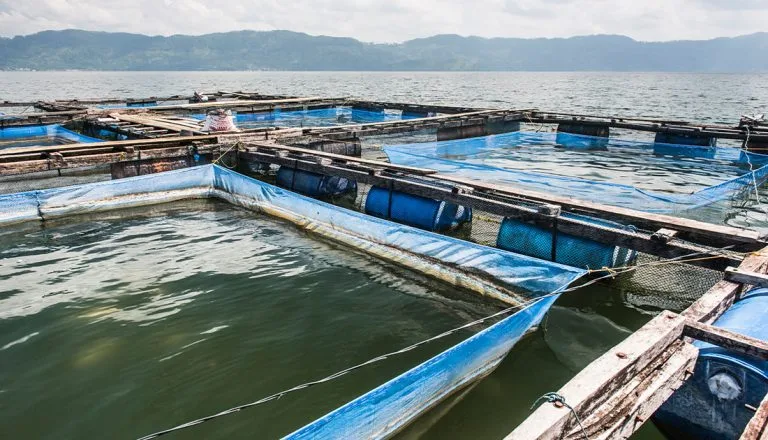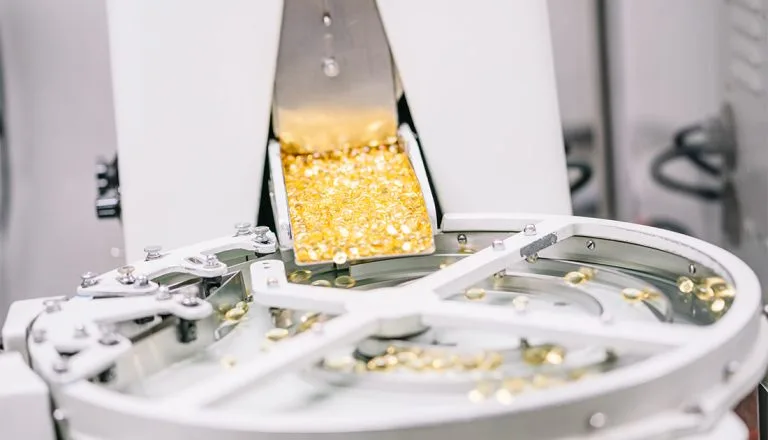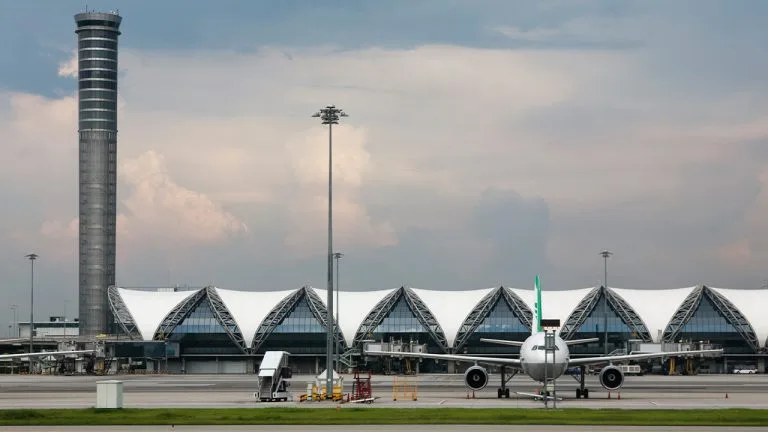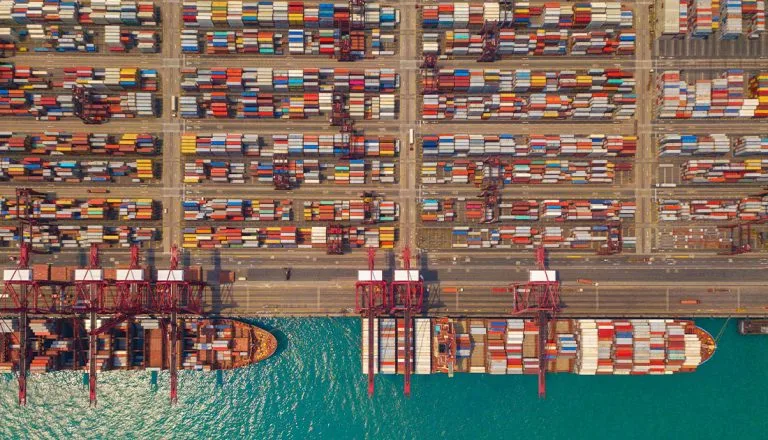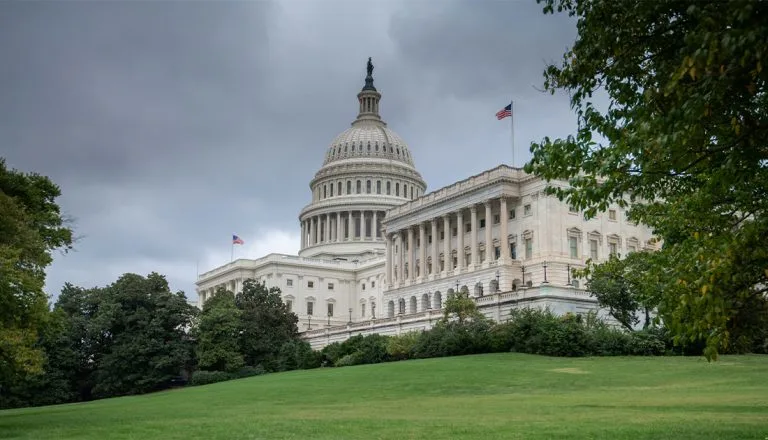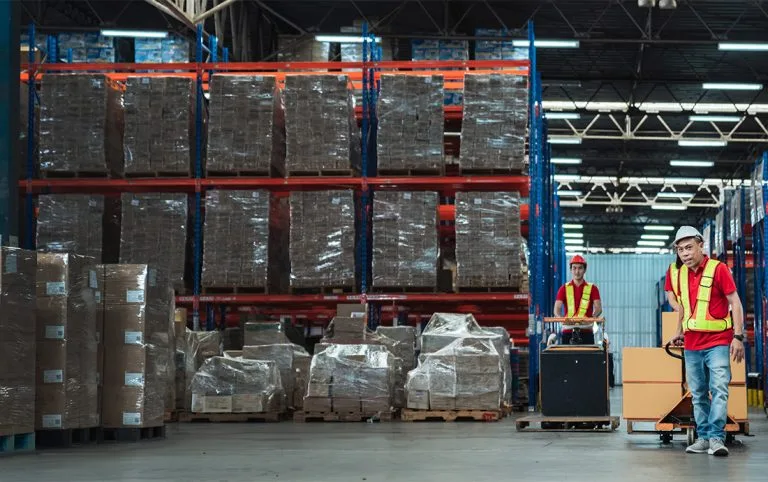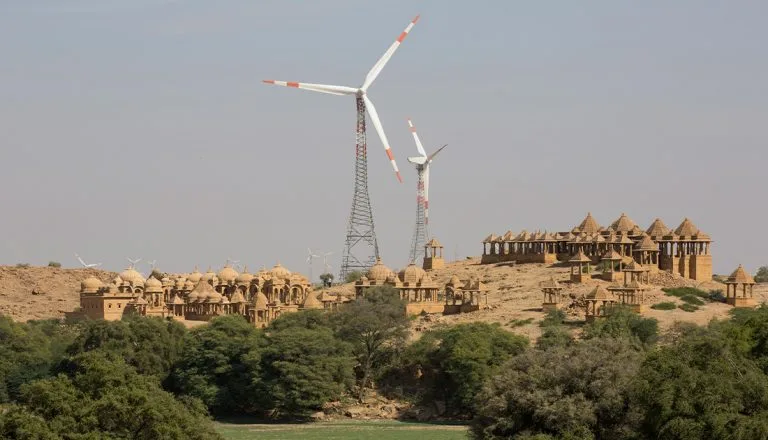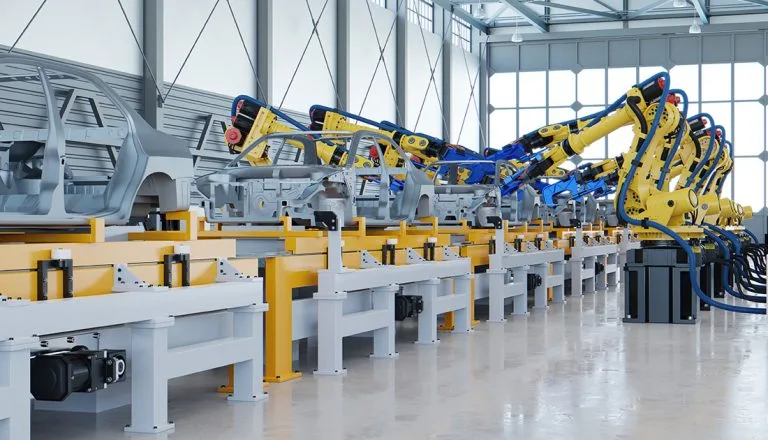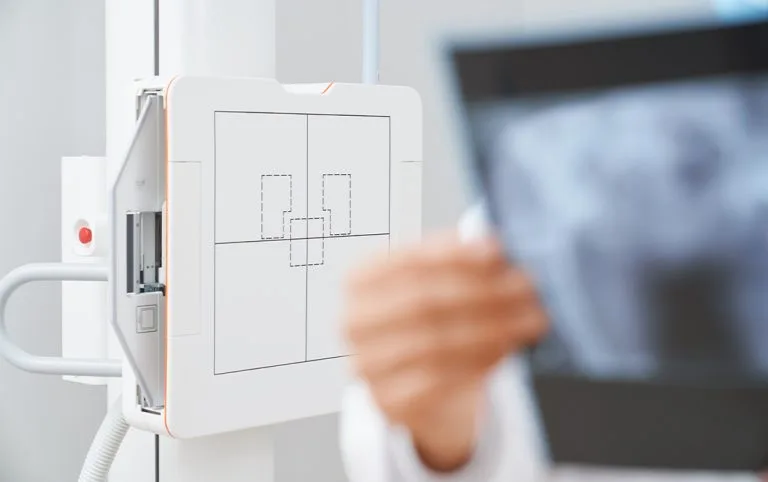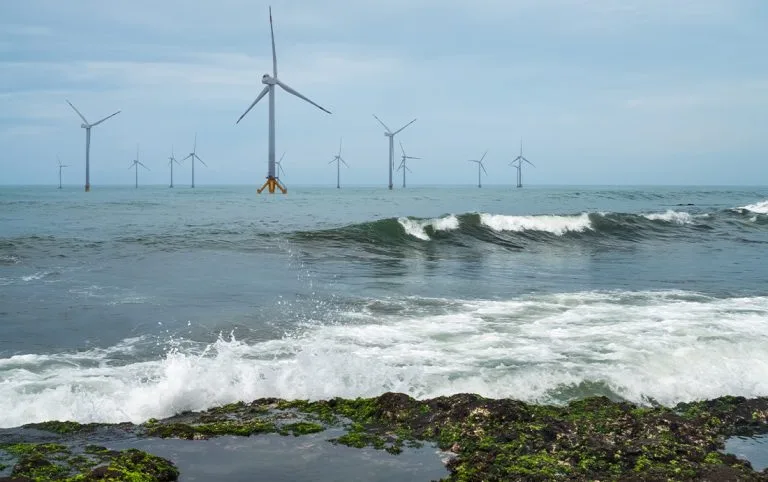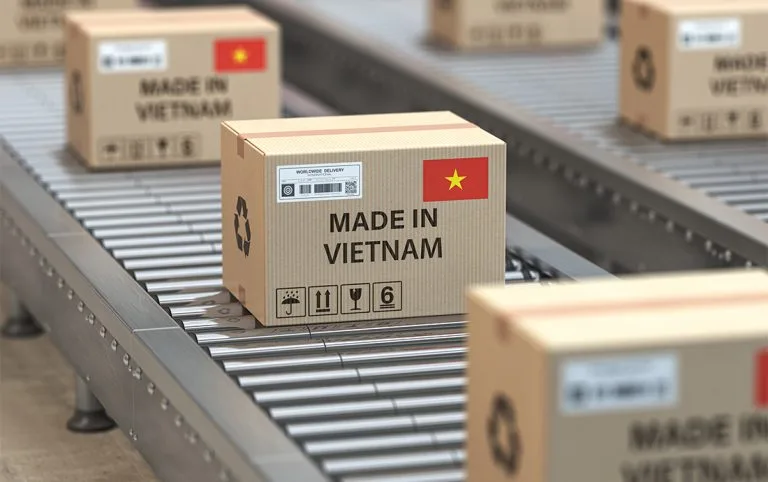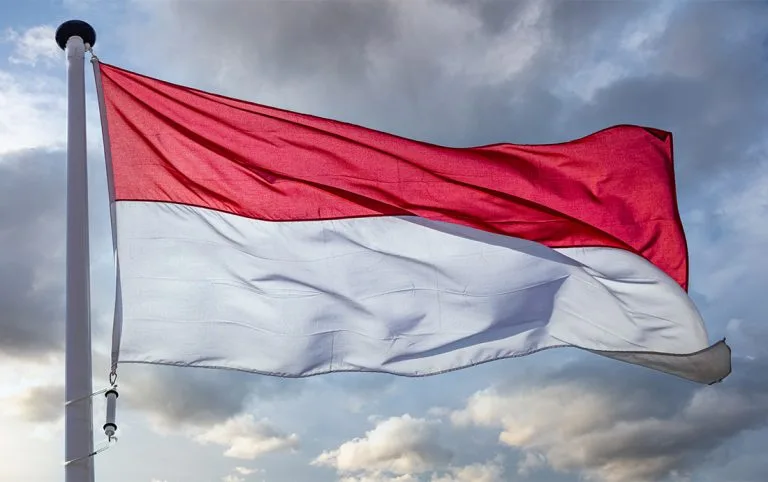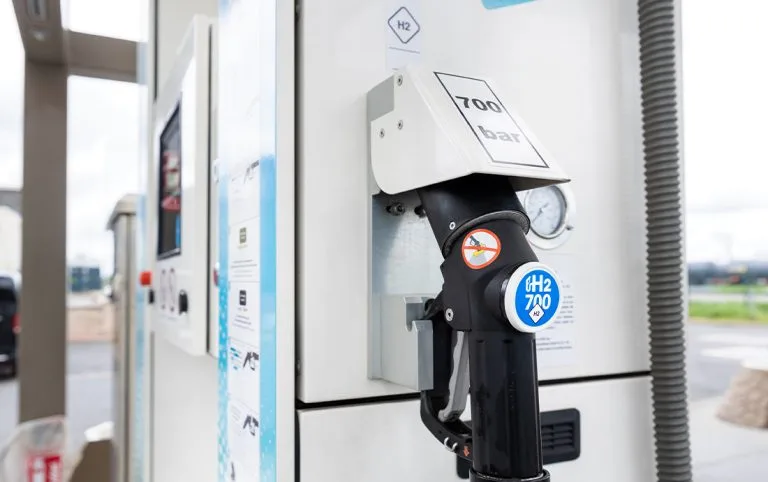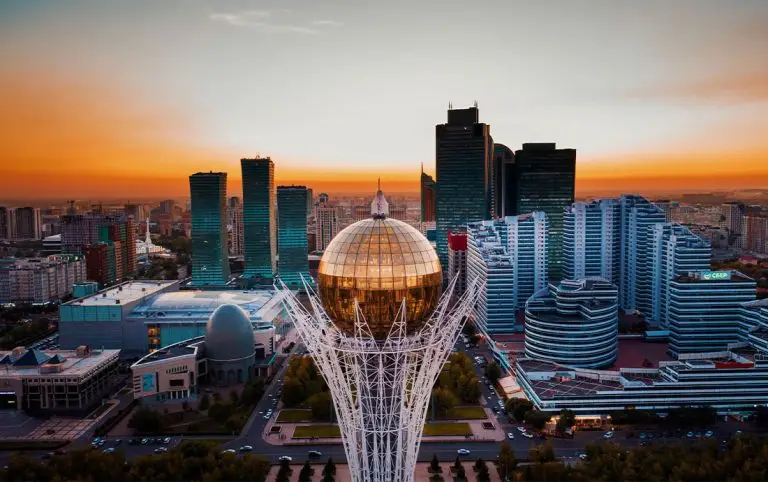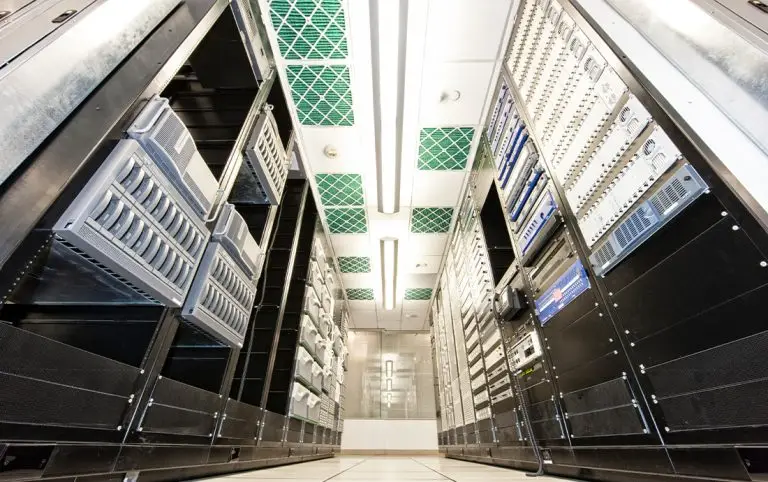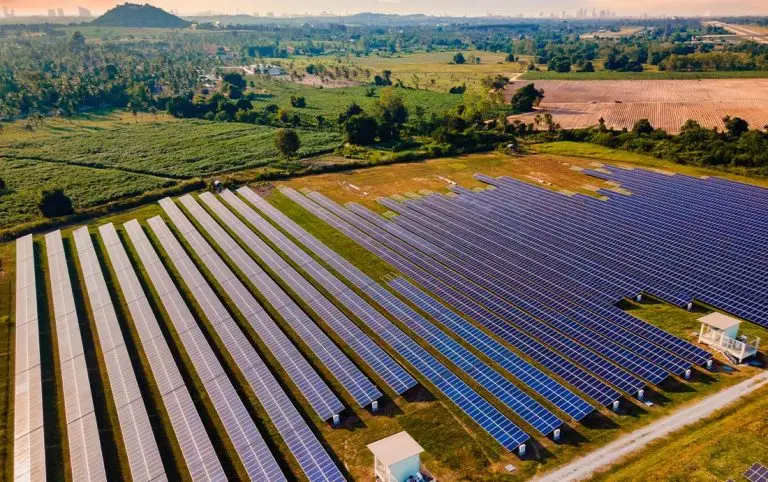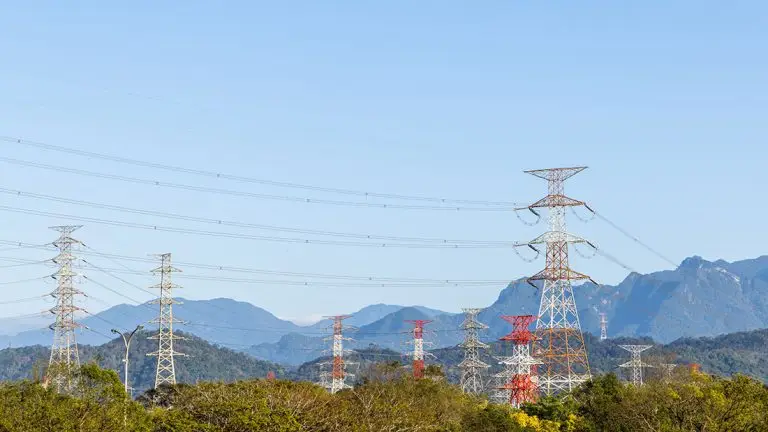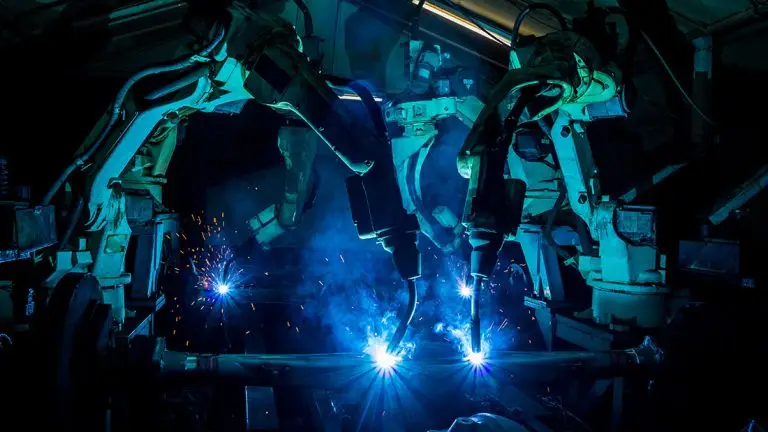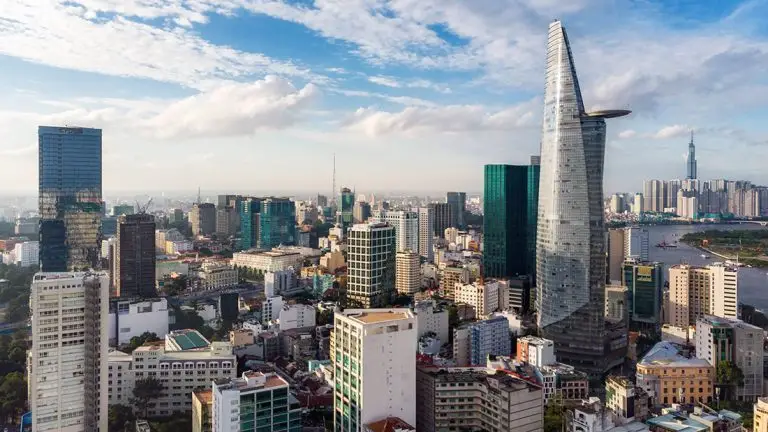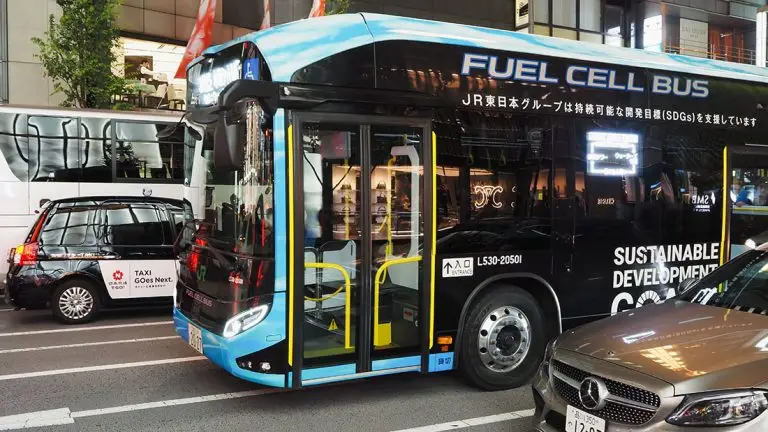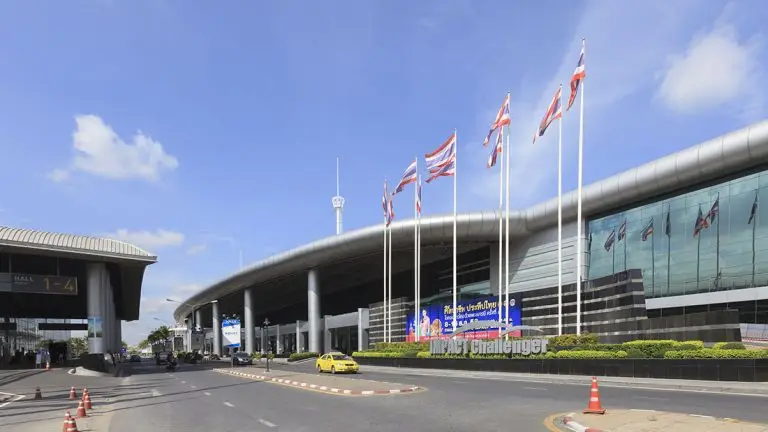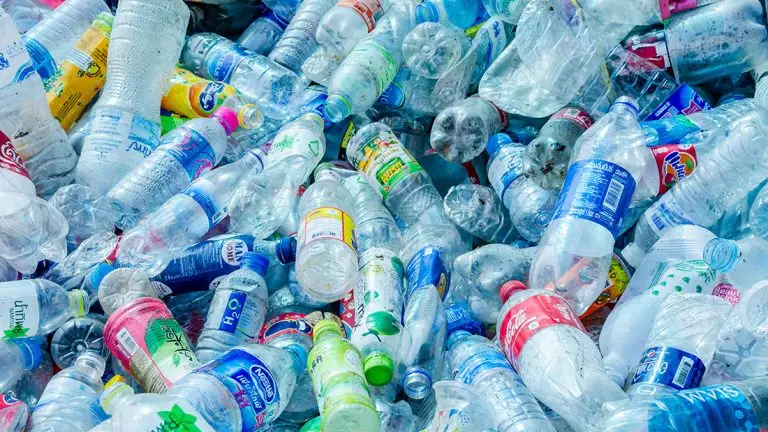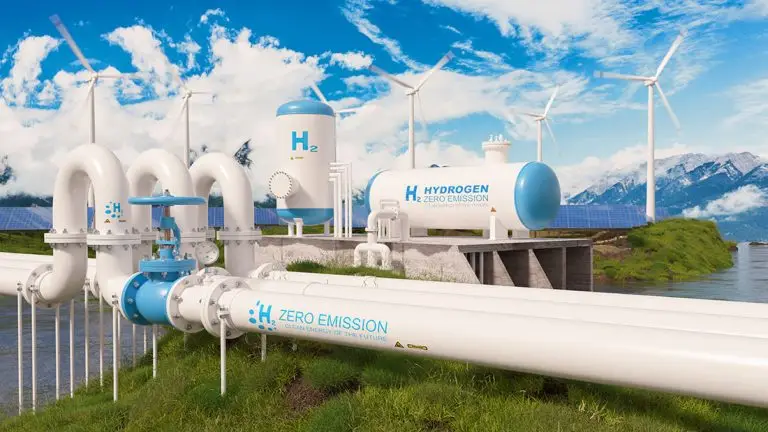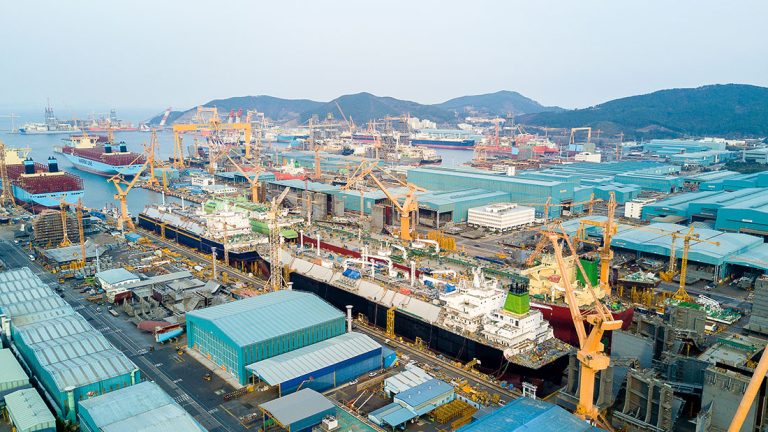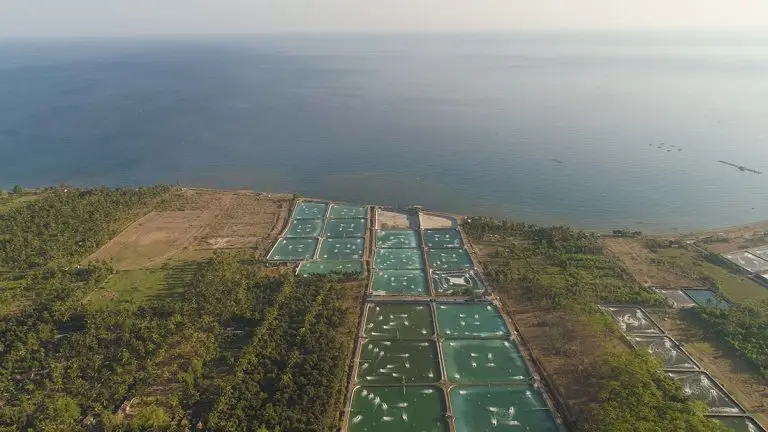- India boasts a promising BESS outlook with the market expected to surpass USD30 billion by 2030
- The Indian BESS market added 341 MWh of new capacity last year and has a 2047 target of 1,840 GWh
- Supply chain development and building local BESS manufacturing capabilities are priorities for the country
India has recognised the importance of battery energy storage systems (BESS), and its promising outlook has prompted foreign investors to give the market serious consideration. The country remains on track to have 500 GW of installed electricity capacity from non-fossil fuel sources by the end of the decade. However, having adequate power storage is equally important. Asian Insiders India Partner, Priti Verma, provides a market update and shares details on available opportunities.
In July, India achieved a significant clean energy milestone with 50 percent of its installed capacity coming from non-fossil fuel sources. Meanwhile, renewable power output saw noticeable growth in the first half of 2025. Reuters reported the amount surged by almost 25 percent, its largest increase since 2022.
Solar, wind and hydro power projects are coming online across the country at a rapid pace, and this has put other aspects of the transition to renewables in the spotlight. Grid modernisation will be crucial for successful integration. Similarly, BESS are increasingly in demand.
Overall, the BESS market is predicted to grow from USD7.8 billion last year to as much as USD32 billion by 2030. Even with growth, the country still may not keep up with demand for energy storage caused by rising renewable output.
The situation presents opportunities for foreign enterprises. Several are already active in India and have recorded significant wins; yet there remains room for more to enter the market.
India BESS outlook
The Indian BESS market added 341 MWh of new capacity last year. This was a massive increase from the 51 MWh installed in 2023. The total is only scratching the surface of what’s needed. The National Electricity Plan (NEP) 2023 noted that India requires more than 236 GWh of battery storage capacity by 2031-32 and 1,840 GWh by 2047.
Battery storage investment in India is projected to reach USD1 billion in 2025, according to the International Energy Agency. The India Energy Storage Alliance has gone on record to state this total will rise significantly by 2032.
A crucial component of the sector’s recent development was the viability gap funding (VGF) scheme for BESS. The Indian Ministry of Power programme has dispersed funds for several projects in the country since 2023.
Big projects come online
BESS development in India remains very much in the early stages, but some significant projects have recently been completed. India’s first utility-scale BESS project was launched in New Delhi. Spearheaded by the GEAPP Leadership Council (GLC), it significantly reduced tariffs and is the biggest such facility in South Asia.
India’s largest BESS project came online last year. The Solar Energy Corporation of India commissioned a 40 MW/120 MWh storage facility at a solar PV plant in Rajnandgaon. A key feature of the development was that it used wasteland to minimise environmental impact.
The Rajnandgaon project will be surpassed by a 180 MW/360 MWh BESS facility in Gujarat. It was recently announced that International Finance Corporation is loaning USD55 million to IndiGrid for development.
Opportunities in BESS
Widespread opportunities now exist across the BESS value chain for foreign companies. Most pressing are local supply chain development and the building of local manufacturing capabilities. Both will be crucial to ensuring the country is able to meet its current storage targets.
An example of the issues this has caused can be found in Jammu and Kashmir as well as Rajasthan where lithium was recently discovered. Taking advantage of available resources can be difficult since India remains without a strong domestic refining infrastructure.
There have been success stories. For instance, Tata Comp signed a joint venture deal with Chinese battery outfit Gotion to develop lithium-ion energy storage manufacturing for both EVs and BESS.
In the short and mid-term, imports will still be required to support the battery value chain. Overseas enterprises have plenty of opportunities to enter this area. Similarly, there remains a need for grid technologies and battery recycling innovation which should grow alongside the industry.
Several government policies related to BESS development were launched to spur development. These include a 100 percent customs duty waiver on battery imports, production-linked incentives for certain types of battery storage and a 10-year exemption from transmission charges. A number of states created favourable policies as well.
The challenges
There are a couple of gaps that hinder India’s BESS requirements and pose a challenge to clean energy ambitions. For starters, projects in the country are more expensive than elsewhere globally, although costs are quickly coming down. Financing and government support for storage haven’t matched the level seen for renewables.
Additionally, a lack of clear policies for the BESS ecosystem has led to confusion in certain areas. Unlike other Asian countries, India lacks robust regulatory guidelines. The government recognises the importance of developing the sector as it strives to achieve its energy transition goals and is actively building a framework.
These factors can slow down the market entrance process for foreign firms but haven’t been a deterrent. Several are already active in the segment and will be well placed to take advantage of future growth.
Final thoughts
A massive commitment to renewable energy and the increasing need for storage give India a positive BESS outlook. The market will record significant growth between now and 2032 but lacks essential technology, resources, capabilities and expertise to meet existing targets.
That being said, major projects have come online in recent years, while more are in the pipeline. High costs and some uncertainty over revenue mechanisms and market participation in the short term are obstacles.
These will be worked out in due course. For foreign enterprises, India offers a wealth of opportunities despite challenges. Very few global BESS markets offer the potential size and projected growth found in India.
The key to successful entrance in India is partnering with a local specialist, such as Asian Insider. Our in-country team has a deep understanding of BESS as well as the broader energy market and can assist in overcoming barriers. We can also provide partner matching, market research, and sales channel development, in addition to offering other services critical to achieving your business goals.
Want to know more about India BESS opportunities and the market outlook? Please contact Jari Hietala, Managing Partner: jari.hietala(at)asianinsiders.com or Priti Verma, India Partner: priti.verma(at)asianinsiders.com
